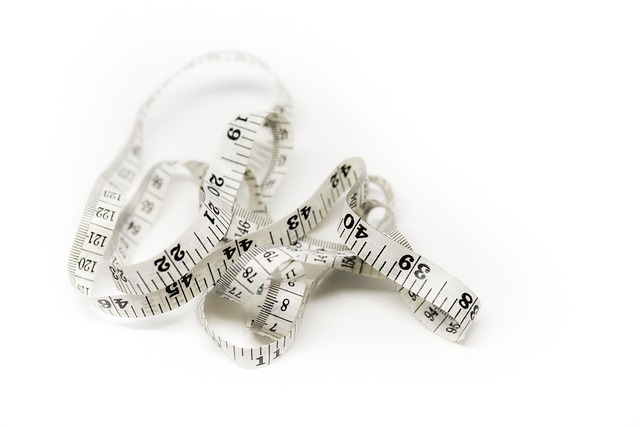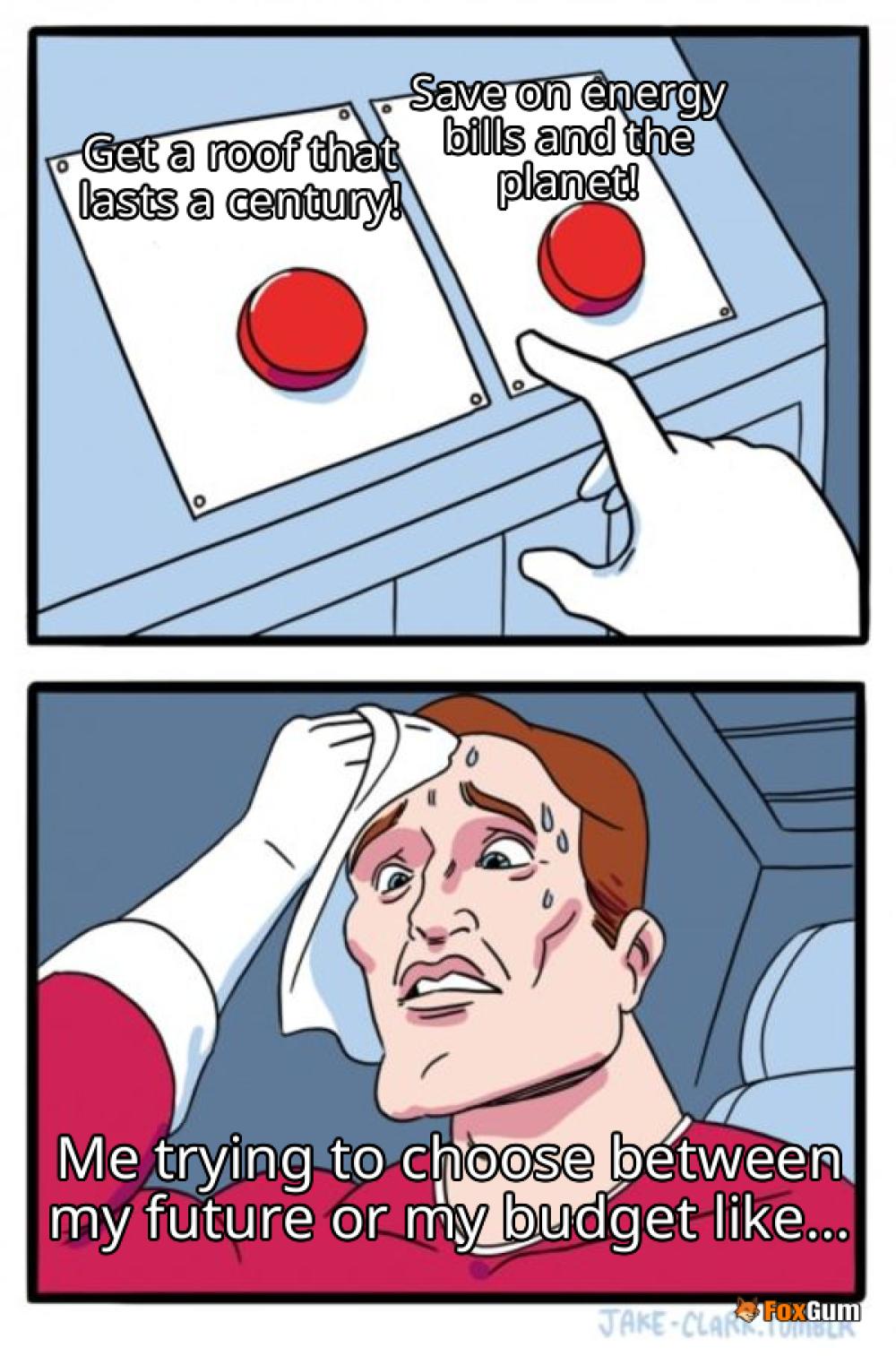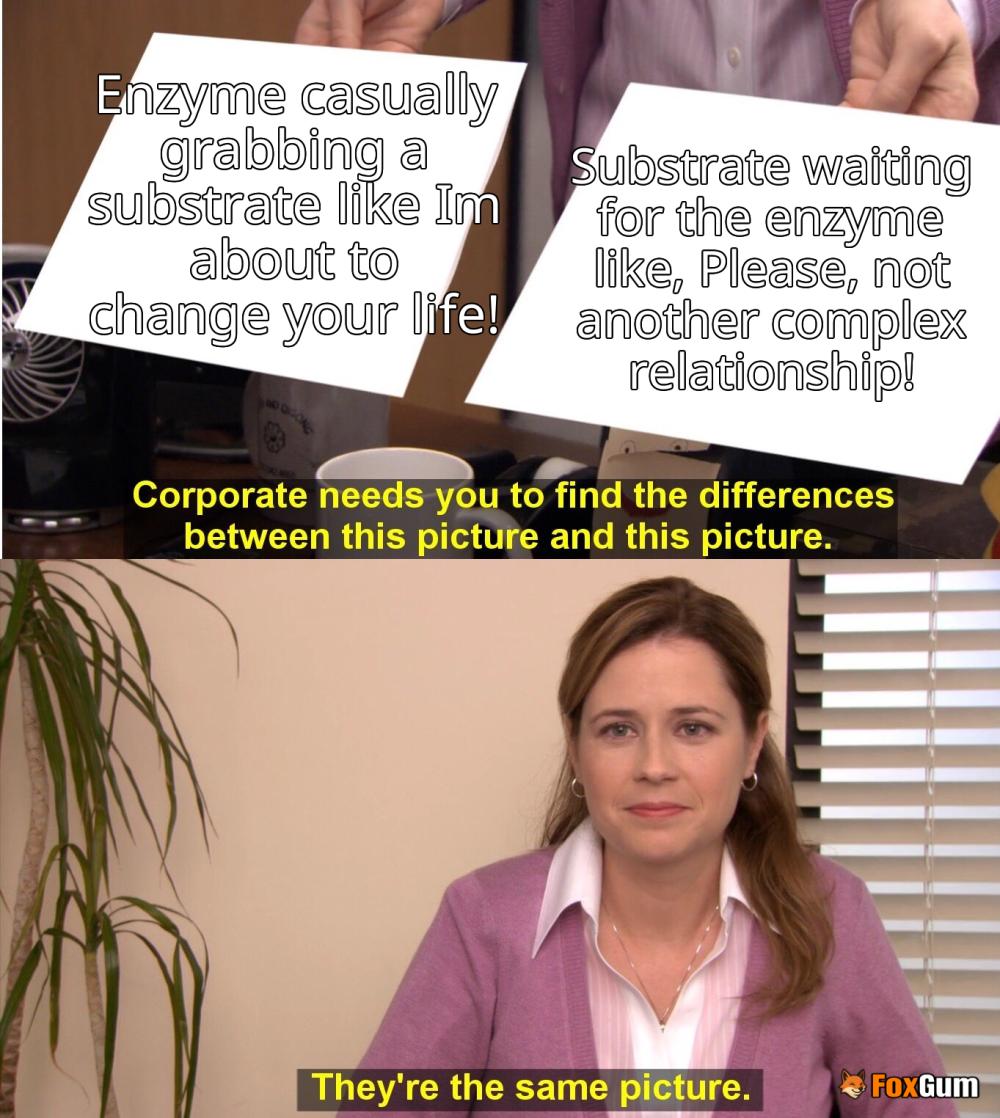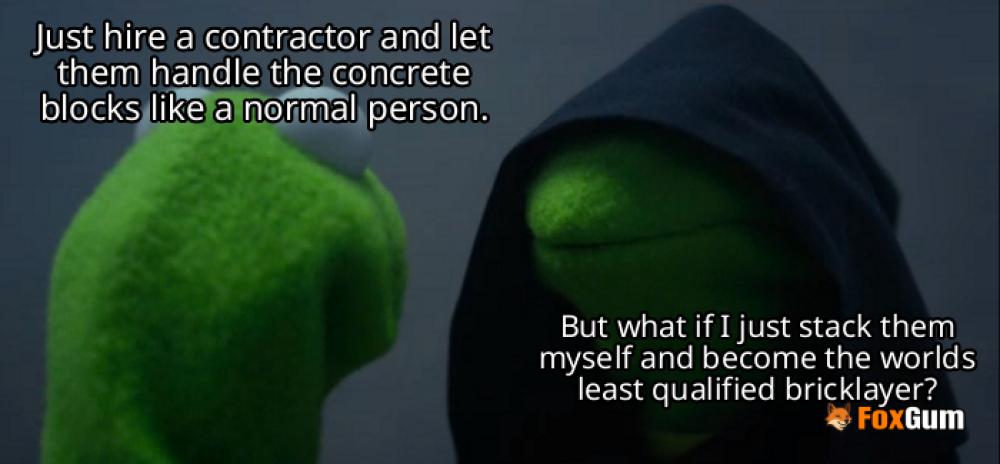
What is Sleep Apnea?
Sleep apnea is like that annoying friend who keeps showing up uninvited and overstays their welcome. It's a common condition where your breathing takes a vacation while you sleep, only to return sporadically—like an unreliable bus service. This can lead to your body not getting enough oxygen, which is, let's be honest, a pretty crucial element for survival.
Types of Sleep Apnea
There are a few different flavors of sleep apnea, but the most common is obstructive sleep apnea (OSA). This happens when your upper airway gets blocked, making it harder for air to flow in and out. Think of it as your throat deciding to throw a party and not letting anyone in. Factors like obesity, large tonsils, or even hormonal changes can contribute to this blockage. If you’ve ever been told you snore like a chainsaw or gasp for air at night, it’s time to chat with your healthcare provider.
How is Sleep Apnea Diagnosed?
Diagnosing sleep apnea often requires a sleep study, where you might feel like a science experiment hooked up to a bunch of wires. This is where the experts will monitor your breathing patterns and figure out if you’re truly suffering from this nighttime nuisance. Don’t worry; it’s not as scary as it sounds—unless you count the potential for embarrassing sleep positions caught on camera.
Treatment Options
Once diagnosed, there are a few treatment options available. The most popular is the CPAP machine, which stands for Continuous Positive Airway Pressure. It’s a fancy way of saying, “Here’s some air to help you breathe!” You might feel like you’re wearing a space helmet at first, but many find it helps them sleep like a baby (the kind that actually sleeps through the night, not the fussy ones).
If CPAP isn’t your cup of tea, lifestyle changes can also make a difference. This could include losing weight, avoiding alcohol before bed, or sleeping on your side. If those don’t work, your doctor might suggest surgery to fix whatever is blocking your airway. Yes, surgery sounds intense, but sometimes it’s the best way to clear the party out of your throat.
Why Sleep Apnea Matters
Ignoring sleep apnea is like ignoring that weird noise your car makes; it’s only going to get worse. Left untreated, sleep apnea can lead to a host of other issues, including trouble concentrating, making decisions, and even increased risks for heart disease. So, if you’re feeling groggy or find yourself daydreaming about your bed at 2 PM, it might be time to take action!
Conclusion
In summary, sleep apnea is a serious condition that deserves attention. Whether it’s through a CPAP machine, lifestyle changes, or even surgery, there are options available. So, if you suspect you might be one of the many who suffer from this condition, don’t hesitate to reach out to your healthcare provider. After all, a good night’s sleep is worth fighting for—unless you’re a cat, in which case, you probably already have it figured out. 💤

















 Brazilian Model Bianca Rodrigues Grimes
Brazilian Model Bianca Rodrigues Grimes 
 Health
Health  Fitness
Fitness  Lifestyle
Lifestyle  Tech
Tech  Travel
Travel  Food
Food  Education
Education  Parenting
Parenting  Career & Work
Career & Work  Hobbies
Hobbies  Wellness
Wellness  Beauty
Beauty  Cars
Cars  Art
Art  Science
Science  Culture
Culture  Books
Books  Music
Music  Movies
Movies  Gaming
Gaming  Sports
Sports  Nature
Nature  Home & Garden
Home & Garden  Business & Finance
Business & Finance  Relationships
Relationships  Pets
Pets  Shopping
Shopping  Mindset & Inspiration
Mindset & Inspiration  Environment
Environment  Gadgets
Gadgets  Politics
Politics 